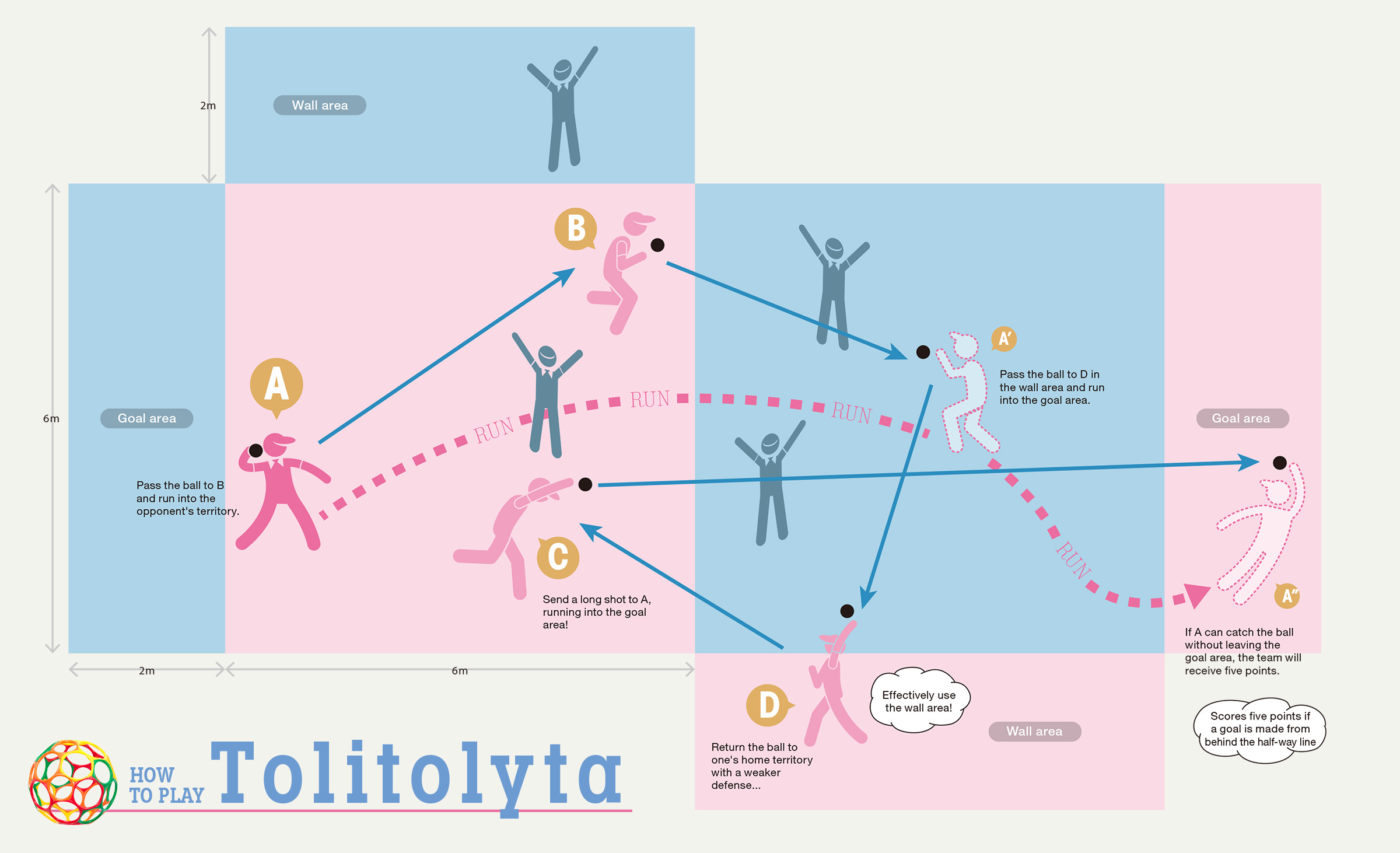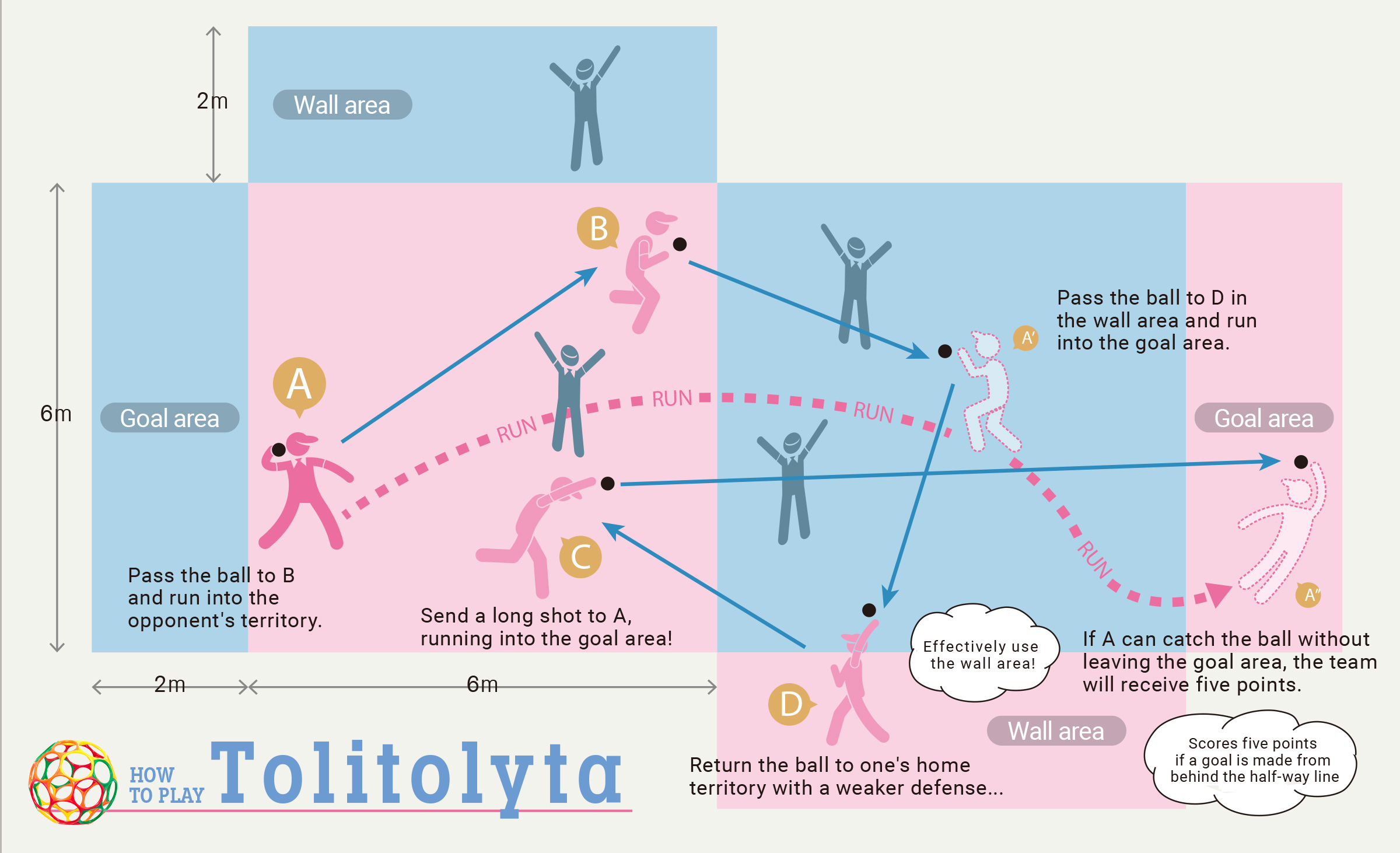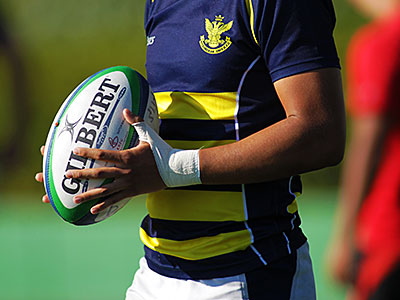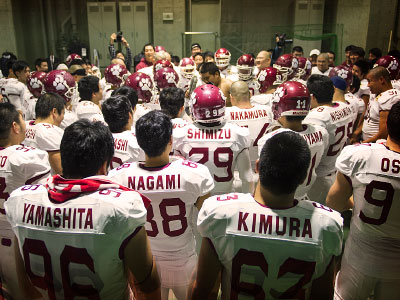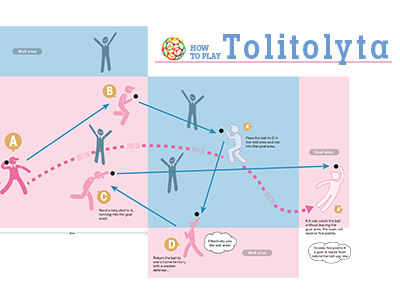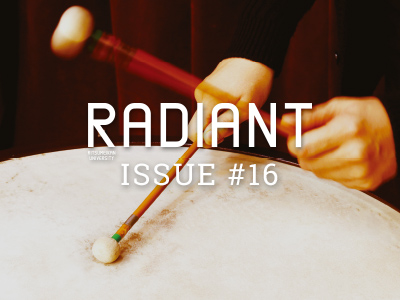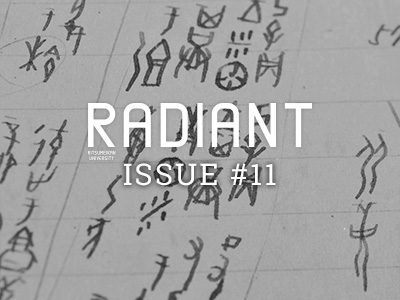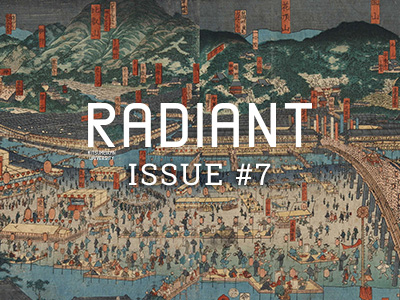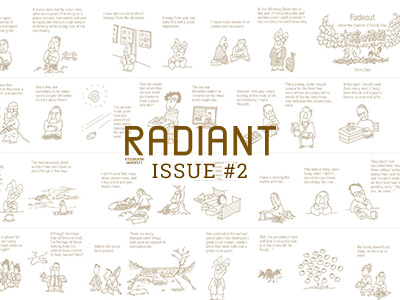STORY #10
The essence of
sport is "play" and
this is also something
that can enrich society.
Yoshifusa Ichii
Professor, College of Social Sciences
Shun Mitani
Master's degree program, Graduate School of Sociology
What is "sports"?
In creating a new sport,
we faced this essential question.
"Creating a new sport."
Heralding this theme, the students of a seminar instructed by Yoshifusa Ichii tackled a joint study and created a new sport called, "Tolitolyta," over a period of two years from 2014.
Ichii has explored the "essence of sports" by redefining it in the context of social issues. He believes that sports are a mirror that reflects not only human history, culture, and how society is structured but also a desire regarding "what shape society should take." He explains the aim of this initiative by saying, "Through the experience of creating a new sport, I thought that students might be able to learn about the very essence of sports firsthand."
In fact, students had to face the fundamental question of "What is 'sports'?" from the initial stage, in order to come up with new ideas. Some of the ideas that the students devised at first were just imitations of existing sports or a mixture of multiple different sports. They were far from being a new sport. Then, what should they do to create a sport in an unprecedented way, while satisfying the factors required as a sport? The discussions began from this point.
There are several views for discussion on the essence of "sports." Ichii pays special attention to their nature as form of play. Shun Mitani engaged in the development of Tolitolyta as a student in Ichii's seminar reflects, "When we went back to the starting point such that the essence of sport is play, it became clear then that a new sport would have to be both enjoyable and fun."
Playing a new sport called “Tolitolyta,” which was created by students of Ichii’s seminar
Once they arrived at this viewpoint of play, the rules regulating sports started to reveal several different aspects. We tend to think that rules are a list of "Don't do this or that," generally to protect player safety and maintain fairness and equality, and that if one violates a rule, one will suffer a penalty. "However, while actually creating a sport, we thought about 'how to make it fun,' and so the rules were created to reflect this," says Mitani, as he explains his own experience.

From the viewpoint of "whether it is fun as a game" or "whether players can enjoy it," students decided on various rules including the size of the court, the number of players, and the actions permitted for each player, and actually went about playing the game in compliance with the rules so as to further improve on them. For example, when it turned out that the ball was concentrated in a single place, holding up the game, a new rule was added to enable "turning things around with a shot" so that the game could develop more quickly.
"As students experienced things in person, the rules are a mechanism to dynamically proceed with the game, which is in fact a characteristic and feature that makes individual sports stand out," Ichii goes on to explain.
- Four-on-four match (unlimited substitutions)
- Carrying the ball from one's side by passing it
- Can move up to three steps while holding the ball (no dribbling)
- "Oball" used (photograph above)
- Scores when a player of the same team gets the ball within the goal area
- Total of five sets, five minutes each; team that wins three sets first is the winning team
In modern times, sports are linked to fashion and health promotion, they penetrate into general lifestyles and are indispensable for making life and society richer. At the same time, especially in the world of competitive sports, elements of "play" or "fun" have been lost in the pursuit of competitiveness because success in sports is connected with economic success, resulting in doping, acts of violence such as corporal punishment by instructors, match-fixing, and many other issues. Regarding these issues, Ichii gives an opinion that is somewhat different from a conventional viewpoint. "For example, the reason why doping is prohibited is because it is considered in many cases to be damaging to the players' health, as per the unnaturalness of taking artificial drugs and the unfairness of it all. However, if we go back to the essence of sport, the prevalence of unfairness or cheating will make it uninteresting or unenjoyable. For this reason, there is the idea that doping will destroy sports from the roots."
"Play" is the origin of the richness of humans. Ichii says, "A mindset to pursue fun and novelty will be a source of innovation and will thereby enrich society," emphasizing not only the educational or economic effects of sports but also their importance as a vehicle to develop human and social richness. Mitani, who has been active as a softball player in high school, university, and up to the present date, concludes: "What I felt while running around the gym with the other members of the seminar, thinking how we could make Tolitolyta more enjoyable, was the exact same feeling when enthusiastically running after the ball during a softball match. When I realized and noticed this, it was then that I thought that I understood the very essence of sports."
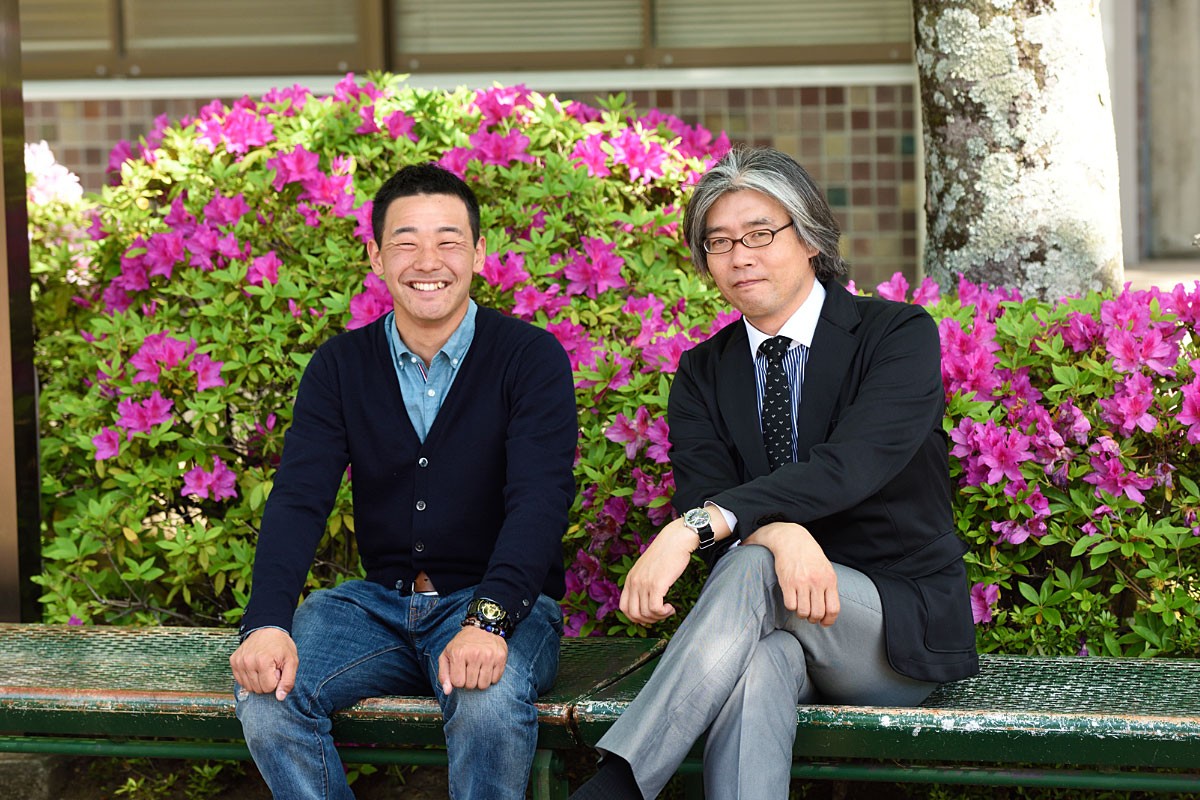
Shun Mitani [Left]
Master's degree program, Graduate School of Sociology
Subject of Research: Creation and history of rubber-ball sports, studies of changes in playing styles and revisions of rules with the introduction of "softballs" to existing sports (such as baseball and tennis) from the viewpoint of "play," which constitutes the essence of sports
Yoshifusa Ichii [Right]
Professor, College of Social Sciences
Subject of Research: Exploring the essence and structure of sports while redefining the position of sports in various social settings
Research Keywords: Sports Culture, Leisure Study, Aging and Popular Culture

